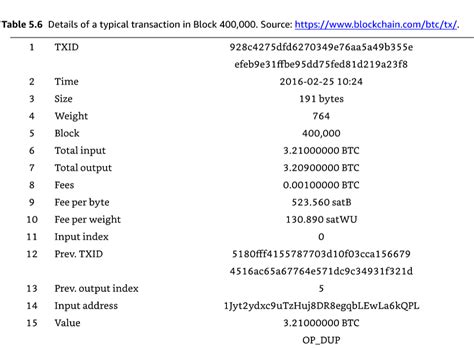Checksum of Addr () Descriptor: A Common Issue in Bitcoin Wallets
When it comes to interacting in this article,
The Issue: Address is Not Found
Bitcoin’s Internal Data Structures are unable to locate the address associated with your descriptor. This issue can arise due to various reasons, including:
* Incorbbect descriptor ID : Ensure that you are using the correct descriptor ID (e.g., tb1qsvygjlhq2p9ap262fwdfq3ptfjqlg2s9gcx58wazdge07kwu26q9guuh2) and its corresponding Address.
. Check if your descriptors are up-to-date by running Wallet.getdescriptorinfo () to retrieve new descriptor information.
Solving the Issue
To Resolve this Error, follow these steps:
1.
2.
. This may help you find more detailed information about your address.
Code Example

GetDescriptorinfo () Method, Here’s a Sample Code Snippet:
`C
#Include
#Include
// get the addr descriptor info
Descriptor* Descriptor = Wallet.getdescriptorinfo ("tb1qsvygjlhq2p9ap262fwdfq3ptfjqlg2s9gcx58wazdge07kwu26q9guh2");
// Calculate the Checksum of the Addr Descriptor
uint8_t checksum = 0;
While (descriptor-> addr! = Bitcoin :: Address :: Zero ()) {
uint8_t byte = descriptor-> addr.read ();
checksum ^= byte;
descriptor-> addr.write ((uint8_t) (byte ^ 0xff));
}
// Print the calculated checksum
std :: cout << "checksum:" << std :: hex << (checksum & 0xff) << std :: endl;
This code snippet demonstrates how to retrieve a descriptor, calculate its checksum using a loop, and print the resulting checksum value.
Conclusion
When dealing with bitcoin wallets, it is essential to be familiar with various descriptors and their corresponding addresses. Your methods according to your methods accordingly, happy debugging!
